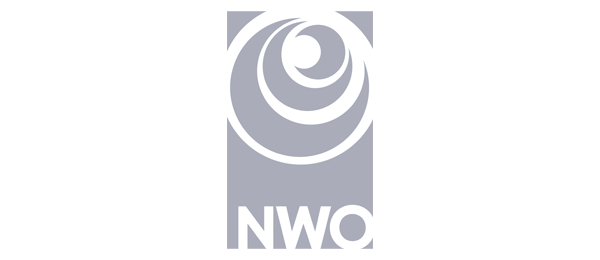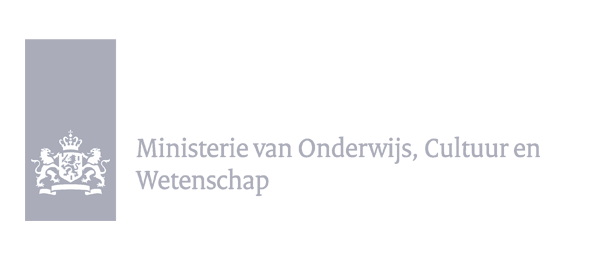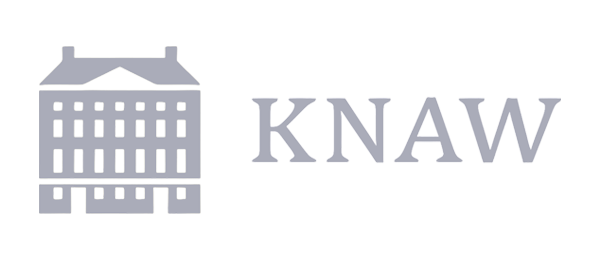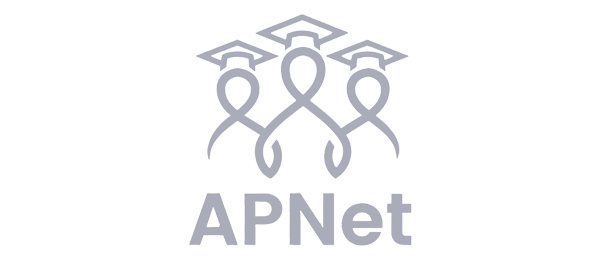Prepare for your interview
Since postdoc contracts are often temporary, job interviews are an important part of the postdoc experience and a crucial skill to master. While they can be stressful, solid preparation makes it easier to come across as professional, confident and the right person for the job.
When preparing for an interview, first read the job description carefully and identify the competencies that are required. Try to link each competency to examples from your experience and formulate why you are especially motivated for this role. When doing so, try to speak from your own experience and your own point of view rather than using generic sentences. Moreover, think and explain how this position matches with your longer-term goals.
Another part of your preparation lies in identifying who will be interviewing you. If this is known, do a quick Google or LinkedIn search on the different members of your interviewing panel, so that you can anticipate their possible interests and questions – or even think up a smart question yourself. You should also familiarize yourself with the principal investigator of the group, the department and their vision, and – last but not least – the university or research institute. Look up recent publications linked to the project and the broader research interests of the people and departments you’ll be working with.
Common interview topics
Be prepared to talk about the following topics in the interview:
- Your background, and education
- Your fields of expertise, your past work as a researcher (PhD and other positions), your publications, and the things you have otherwise accomplished professionally
- Your strengths and weaknesses.
- Your past and future research interests and your long-term ambitions
- Your grant-writing and funding strategies – if relevant
- Your teaching experience and teaching philosophy
- Social life and relevant activities outside research
You may be asked to prepare a presentation of your previous research. Make your presentation simple, clear, concise and engaging. Be mindful of your audience and how familiar they are with your research.
Best version of yourself
In the interview itself, you should first be able to give a summary of who you are. Not just by summing up your CV, but also by defining yourself. Keep this part concise, since they have probably read your CV and can ask questions if they want to hear more. Make yourself and your work experience sound appealing but be truthful. Also, be prepared to give examples to illustrate your answers. So, if you say you are a team player, have an example ready that illustrates how you operate in a team.
A balance between your enthusiasm, energy and professionalism can help others see your potential. Try to enjoy the interview experience; It is when you are at ease that you can be your most authentic self and live a lasting impression.
Do you have any questions?
Interviewers will always ask you whether you have any questions for them. So, beforehand, write down any specific questions you have about the position, the research environment, teaching, collaborations, funding and career development. Prioritize the questions so that you ask the most important ones first.
If, during the interview, you are unsure about a question asked by the interviewer, ask for clarification. Also, keep in mind that this is the opportunity to gather information that will help you decide if this postdoc is right for you – not just the other way around.
After the interview, reconnect with a thank-you email, in which you reaffirm your interest and maybe give some extra information on a topic you talked about – if appropriate. When you end up not getting the role, ask for feedback, so that you learn from possible mistakes and are better prepared next time.















